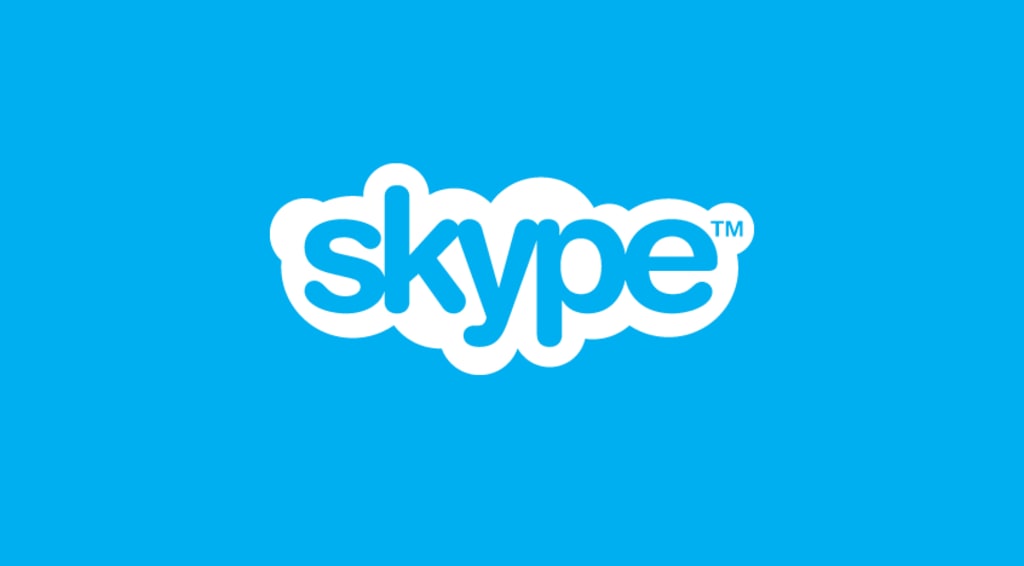The Rise And Fall Of "Skype"
A Tale Of Technological Evolution

Once upon a time, in the early days of the Internet, a revolutionary communication platform emerged. It was called Skype, and it would forever change the way people connected with each other across the globe. With its ability to make free voice and video calls over the internet, Skype quickly became a household name and a symbol of the digital age.
Skype was founded in 2003 by a team of Estonian developers, led by Ahti Heinla, Priit Kasesalu, and Jaan Tallinn. Their vision was to create a simple and accessible way for people to communicate with each other, regardless of their physical distance. The platform gained popularity rapidly, attracting millions of users who were captivated by its ease of use and innovative features.
As the user base grew, Skype expanded its services to include instant messaging, file sharing, and even conference calls. People could now connect with friends, family, and colleagues from around the world, bridging the gap created by distance and time zones. Skype became an integral part of the lives of individuals and businesses alike, revolutionizing the way people communicated on a global scale.
For years, Skype enjoyed a dominant position in the market, fending off competition from other communication platforms. Its user-friendly interface and reliable connection made it the go-to choice for many. However, as technology advanced and new players entered the arena, Skype's dominance began to wane.
The rise of mobile devices and the emergence of smartphones brought about a shift in the way people accessed the internet. Apps like WhatsApp, Facebook Messenger, and FaceTime gained popularity, offering a more seamless experience on mobile platforms. While Skype struggled to adapt to the mobile revolution, these new apps capitalized on the growing demand for communication on the go.
Moreover, Skype's interface remained largely unchanged over the years, while its competitors introduced new features and improvements. Users began to crave more interactive and immersive experiences, and Skype failed to keep up with these evolving demands. The once-innovative platform seemed stagnant in comparison to the dynamic and evolving landscape of digital communication.
As Skype's user base dwindled, the company attempted to reinvent itself by integrating with Microsoft, a move aimed at leveraging the tech giant's resources and expertise. Microsoft introduced a revamped version of Skype, complete with a modernized interface and new features. However, the damage had already been done, and users were skeptical about the platform's future.
The final blow came when video conferencing became a necessity rather than a luxury, due to the global pandemic. Platforms like Zoom, with their robust video conferencing capabilities and easy-to-use interfaces, surged in popularity. Skype, on the other hand, struggled to meet the demands of a remote world. Users experienced connectivity issues, dropped calls, and a lack of essential features that had become standard in competing platforms.
As a result, Skype's decline was swift and pronounced. Users migrated to other platforms that offered a superior experience, leaving Skype behind as a relic of the past. The once-powerful communication tool that had connected people from all corners of the world became a mere shadow of its former self.
Today, Skype serves as a reminder of the ever-changing nature of technology and the importance of innovation in the digital age. It stands as a cautionary tale for companies that fail to adapt to shifting trends and evolving user expectations. While Skype may have had its time in the limelight, its fall from grace serves as a testament to the fast-paced nature of the tech industry and the need to constantly evolve to stay relevant.
As the sun sets on Skype, new communication platforms continue to emerge, each striving to meet the ever-growing demands of a connected world. Whether one of these platforms will one day rise to the level of prominence that Skype once held remains to be seen.
About the Creator
John memon
I Just like to write............
Enjoyed the story? Support the Creator.
Subscribe for free to receive all their stories in your feed. You could also pledge your support or give them a one-off tip, letting them know you appreciate their work.






Comments
There are no comments for this story
Be the first to respond and start the conversation.